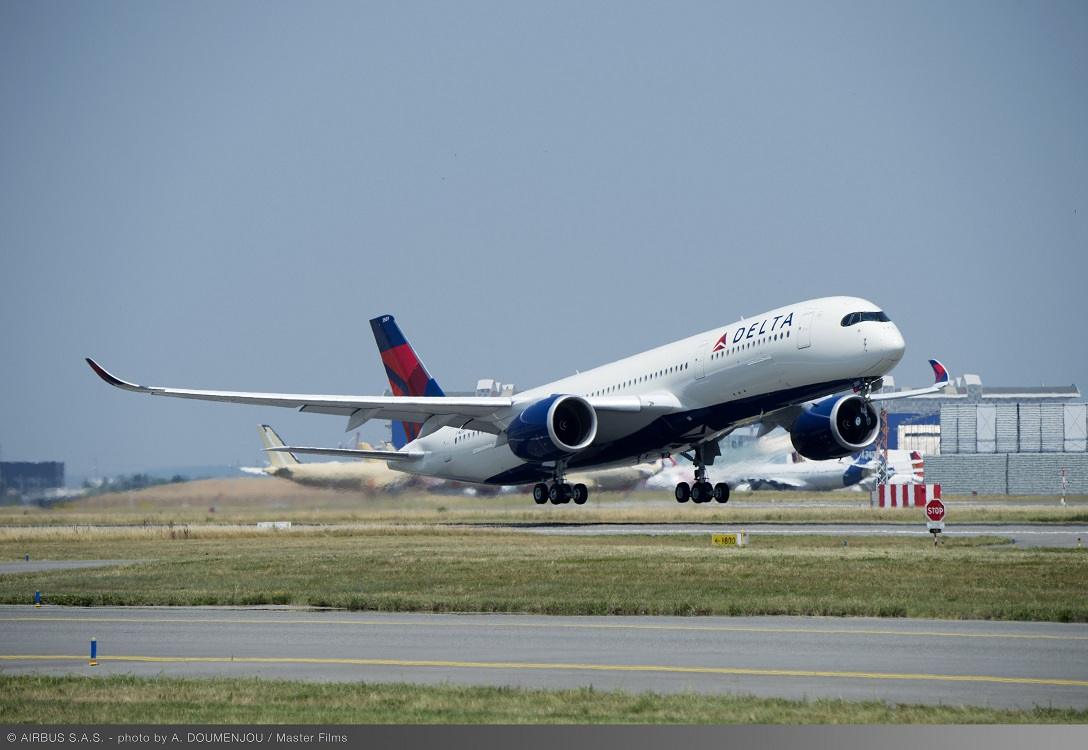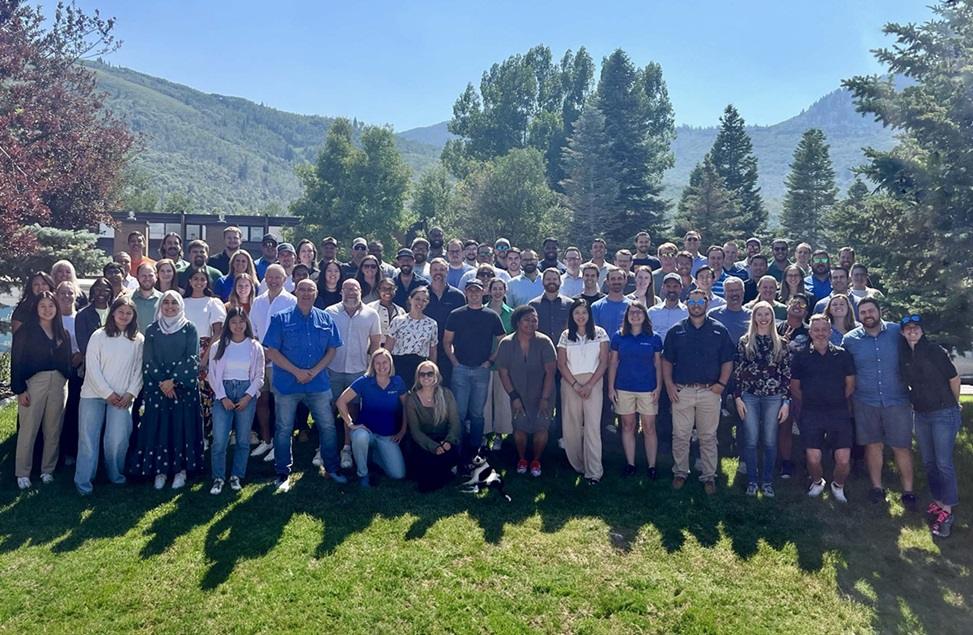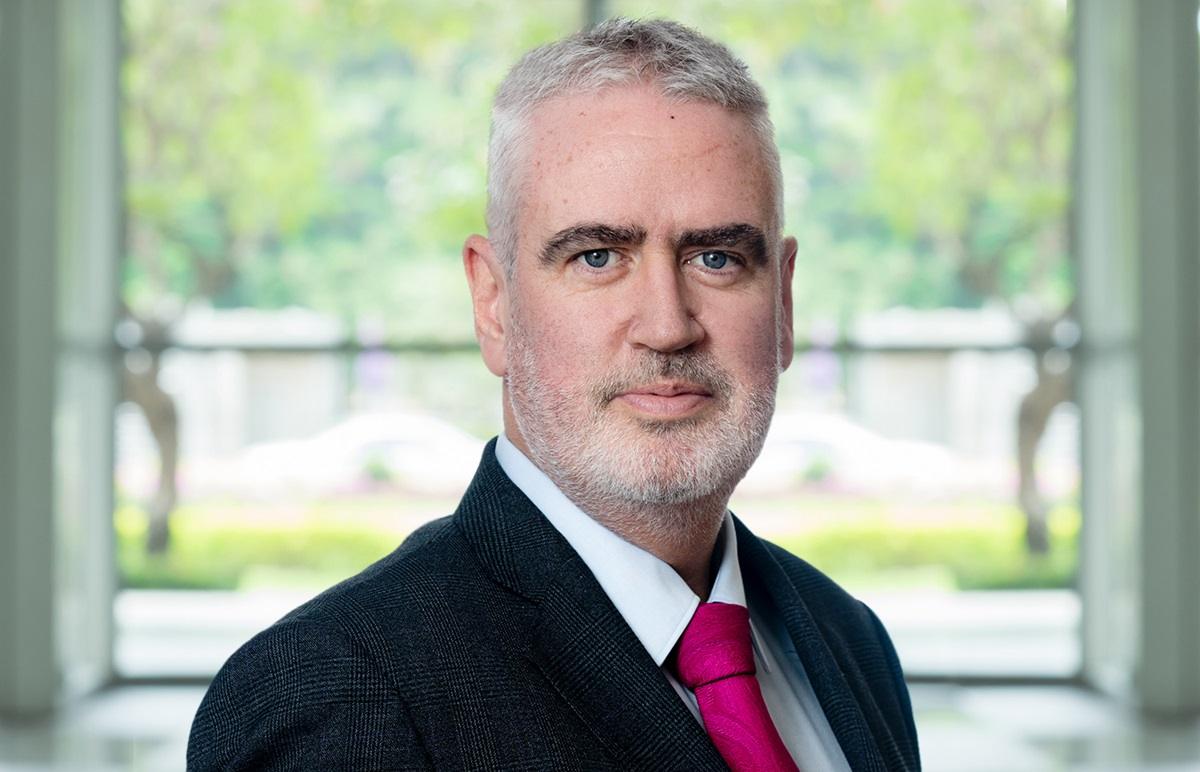Delta Outlines Decarbonization Plans, with Focus on Sustainable Aviation Fuel
Delta Air Lines outlined its roadmap to achieve its goals to reach net zero emissions by 2050 and provide more sustainable air travel, highlighting a comprehensive set of initiatives and targets across its operations and supply chain.
The strategy was presented by Pam Fletcher, who joined Delta last year as the company’s first Chief Sustainability Officer. In a presentation to employees, Fletcher said:
“Delta people are known for doing difficult things well. As we reshape the fundamentals of aviation, we are as dedicated to making immediate progress as we are to investing wisely in disruptive solutions.”
With fuel accounting for the vast majority – around 98% – of airlines’ carbon footprint, Delta’s roadmap focuses heavily on the evolution to Sustainable Aviation Fuel (SAF). Generally produced from sustainable resources, like waste oils and agricultural residues, SAF is seen as one of the key tools to help decarbonize the aviation industry. SAF producers estimate the fuels can result in lifecycle GHG emissions reductions of as much as 85% relative to conventional fuels.
Delta’s sustainable aviation fuel goals include achieving 10% SAF usage by the end of 2030, 35% by 2035, and at least 95% by 2050. The company also said that it is working to help build demand, attract investment and encourage incentives in order to help build the SAF market.
The company has also participated in efforts to develop more sustainable aircraft and technologies, such as a recent hydrogen-powered aviation-focused collaboration launched with Airbus, and the launch earlier this year of Delta Sustainable Skies Lab, an innovation-focused initiative aimed at accelerating research, design and testing for sustainable aviation solutions.
In the supply chain, Delta said that it has partnered with business sustainability ratings provider EcoVadis to help increase the transparency of its supply chain processes and evaluate suppliers. Targeting a net zero supply chain by 2050, Delta’s interim goals for preferred vendors include reaching 100% of on carbon tracking systems by 2025, and for 100% to have net zero plans by 2030.
Other initiatives highlighted by the airline include travel experience-focused efforts such as minimizing the use of single use plastics on flights by 2025, and achieving 100% waste diversion from landfills by 2050, and goals for its ground operations and facilities, including reaching 50% electrified ground support equipment (GSE) by 2025, and 100% by 2035, and achieving 100% net zero operations by 2050.
Fletcher said:
“We’ve already achieved significant results, like reducing single-use onboard plastics by nearly five million pounds annually and saving 10 million gallons of fuel last year thanks to the work of Delta’s Carbon Council. Our foundation is strong. Now we accelerate.”





